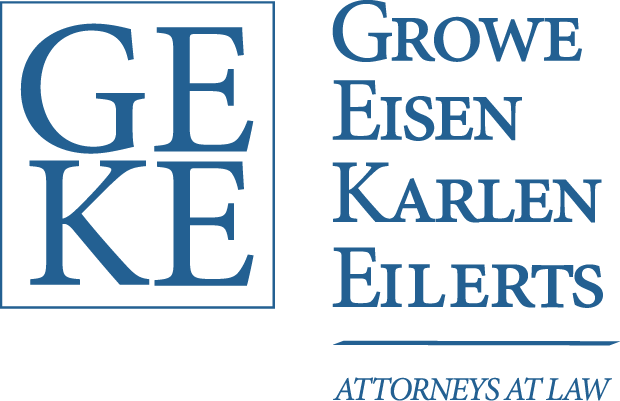The avenues available to lawyers challenging a witness?s character for truth and veracity were expanded by the Supreme Court of Missouri, in the case of Mitchell v. Kardesch, 313 S.W.3d 667 (Mo. App. 2010).? In Mitchell the Missouri Supreme Court emphasized the importance of subjecting a witness to full and complete cross-examination with respect to that witness?s character for truthfulness and veracity.? To the extent that there was any confusion or inconsistency in the application of cross-examination rules in the trial courts in Missouri.? In Mitchell the Supreme Court instructed that cross-examination must be allowed on issues relating to a witness?s character for truth, regardless of whether the underlying substance of the cross-examination subject is material to the issues in the case.? This ruling opens the door for expanding cross-examination.? A witness can and should now be challenged with respect to any conduct or actions which bear upon one?s propensity for truth telling.? Thus, in Mitchell, the Court eliminated the requirement that the issues being raised on cross-examination be relevant or material to the actual issues being raised at trial. This expansion also applies to the use of extrinsic evidence to impeach a witness?s character for truth and veracity.? Traditionally, parties have been limited in the use of extrinsic evidence concerning a witness?s character for truth and veracity.? Courts had allowed the use of extrinsic evidence only when the actual subject of the impeachment was material to the issues being tried in the case.? In the Mitchell opinion, the Supreme Court recognized that when the extrinsic evidence at issue concerns prior actions or conduct bearing on a witness?s credibility and is of a matter similar in nature to the alleged wrongful conduct at issue in a case, the truthfulness of the witness becomes highly relevant and probative to the credibility and therefore, of that witness, extrinsic evidence can be allowed.? When parties are in possession of extrinsic evidence bearing directly on the credibility of a witness?s testimony, lawyers must be prepared to aggressively pursue the introduction of all such extrinsic evidence. Lawyers must be very vigilant in developing potential sources of cross-examination to challenge the truthfulness and veracity of an adverse witness.? Trial courts have clearly been instructed to permit fraudulent leeway in efforts to raise questions about witness credibility.? The distinction between such cross-examination being ?material? or ?collateral? to the issues being tried in the case has been deemphasized; the Court in Mitchell emphasized that allowing the jury to consider all aspects of a witness?s background in determining whether that witness is likely to be telling the truth is a central focus of any trial.
